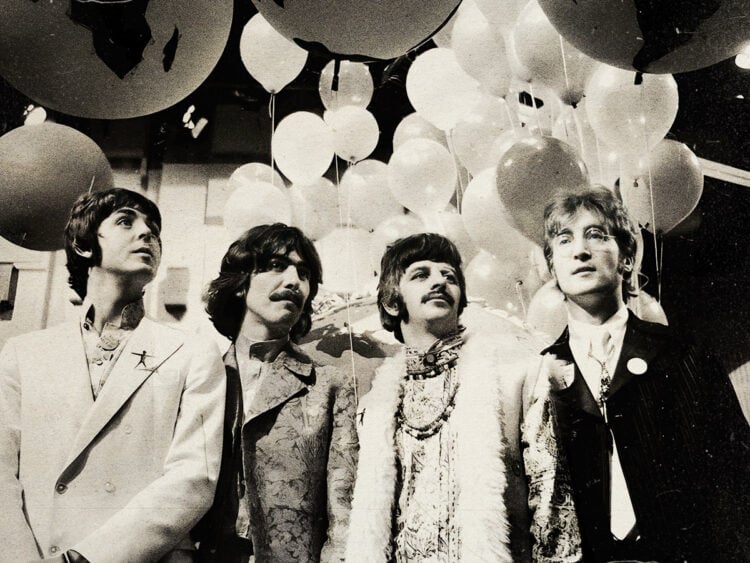Why George Harrison’s ‘Taxman’ Embittered the Quiet Beatle
George Harrison, often referred to as “The Quiet Beatle,” surprised fans and critics alike when he began writing more songs for The Beatles. Among his contributions, the scathing and aggressive track ‘Taxman,’ from the 1966 album Revolver, stands out as a powerful statement against the oppressive tax system in the United Kingdom.
The song, a heavy and propulsive rocker, was Harrison’s pointed protest against the exorbitant progressive tax rates imposed by the Labour government under Prime Minister Harold Wilson. At the time, top earners faced a staggering 95% supertax, which Harrison likened to the exploits of Robin Hood’s nemesis, the Sheriff of Nottingham, in an interview with The Evening Standard.
The Beatles’ financial woes became evident earlier that year when a report from their accountancy firm Bryce, Hammer, Isherwood & Co revealed the band’s precarious financial position. Despite their immense success, two members were reportedly on the brink of bankruptcy due to the supertax. This revelation was both shocking and infuriating, fueling Harrison’s frustration and inspiring the creation of ‘Taxman.’
Opening Revolver with its biting lyrics and driving rhythm, the song marked a departure from Harrison’s softer, introspective compositions and showcased his ability to channel personal grievances into impactful music. ‘Taxman’ remains a testament to Harrison’s growing assertiveness as a songwriter and his ability to voice societal critiques through his art.
This moment in Beatles history not only highlighted Harrison’s discontent but also underscored the complexities of fame, fortune, and financial responsibility in the turbulent 1960s.



